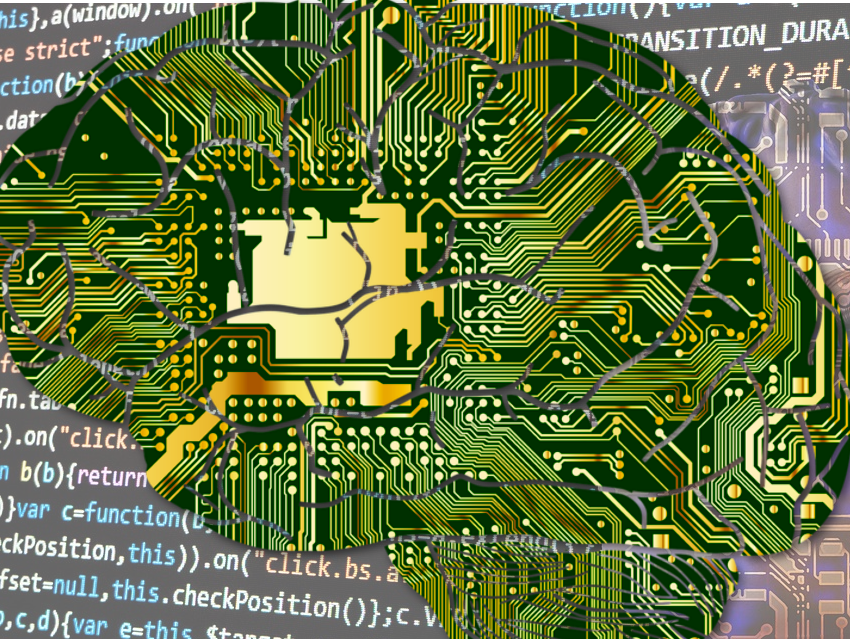BASF and TU Berlin have signed an agreement to cooperate in the area of machine learning. A joint Lab for Machine Learning (BASLEARN) is set up in Berlin, Germany, to develop mathematical models and algorithms for fundamental questions relating to chemistry. Dr. Bruno Betoni is responsible for BASLEARN at BASF. In addition, BASF supports the research work of Klaus Robert Müller with a total of over €2.5 million over the coming five years. Müller is a professor for machine learning and spokesperson of the Berlin Center for Machine Learning (BZML, Berliner Zentrum für Maschinelles Lernen) at TU Berlin.
Machine learning is a key pillar of artificial intelligence. With machine learning, large volumes of data are analyzed to recognize patterns and relationships which can be used to develop prediction models that optimize themselves based on their results.
The joint research work will investigate issues such as the solubility of complex mixtures or dyes as well as predicting the aging process of catalysts. The more data used and the better adapted a learning model is, the better it can predict. In turn, the work in the lab becomes more efficient. Mathematical models can also control laboratory robots and thus carry out experiments. Robots could thus take over routine tasks or deal with hazardous materials, for example, during reactor cleaning.
BASLEARN is the most extensive cooperation relating to artificial intelligence of the BASF. The company is already working with Massachusetts Institute of Technology (MIT), Cambridge, MA, USA, and Stanford University, CA, USA, in this area.
- BASF SE, Ludwigshafen, Berlin, Germany
- Technische Universität Berlin (TU Berlin), Germany




